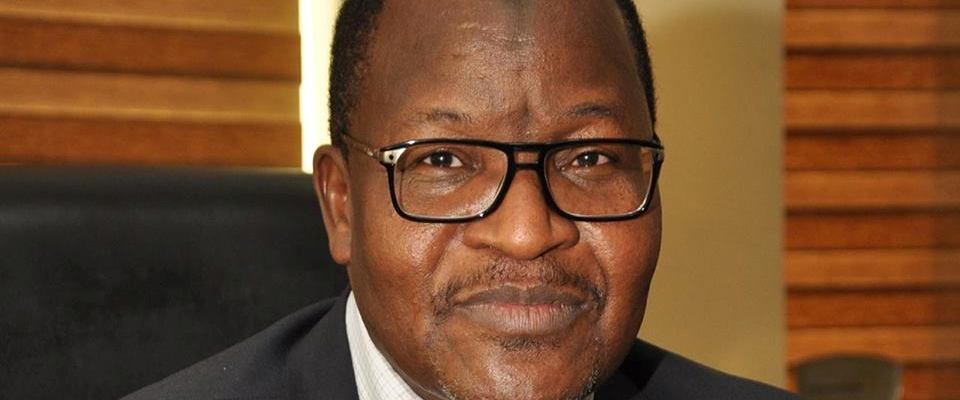About seven in ten deaths annually are caused by Non Communicable Diseases, NCD, the World Health Organisation (WHO) has said.
The international health agency in a press statement issued on Friday said more than 15 million people between the ages of 30 and 70 die from NCDs annually.
Examples of diseases in these category are: heart and lung diseases, cancer, and diabetes. The major contributing agents of these diseases are tobacco use, harmful use of alcohol, unhealthy diets, and physical inactivity.
According to the WHO, half of the premature deaths from NCDs occur in low and lower-middle income countries and more people are increasingly affected.
According to the Nigerian federal ministry health, more Nigerians are now living with NCD and urgent attention needs to be taken on how to reduce their prevalence, especially diabetes.
About 415 million people have diabetes and more than 14 million of them live in sub-Saharan Africa. By 2040, these figures are expected to double. According to the International Diabetes Foundation, as at 2015, there were more than1.56 million cases of diabetes in Nigeria.
To address the problem of NCDs, the WHO is announcing a new high level commission comprising of heads of states and ministers, leaders in health and development and entrepreneurs.
Many lives can be saved from NCDs through early diagnosis and improved access to quality and affordable treatment, as well as steps to reduce the main risk factors, said the agency.
To address the issue, the WHO has constituted an Independent Global Commission on NCDs co-chaired by the Uruguay President, Tabaré Vázquez; President Maithripala Sirisena of Sri Lanka; President Sauli Niinistö of Finland; Veronika Skvortsova, Minister of Healthcare of the Russian Federation; and Sania Nishtar, former federal minister of Pakistan.
The commission is expected to propose bold and innovative solutions to accelerate prevention and control of non-communicable diseases.
Mr. Vázquez said NCDs are the world’s leading avoidable killers but the world is not doing enough to prevent and control them.
“We have to ask ourselves if we want to condemn future generations from dying too young, and living lives of ill health and lost opportunity. The answer clearly is ‘no’. But, there is so much we can do to safeguard and care for people, from protecting everyone from tobacco, harmful use of alcohol, and unhealthy foods and sugary drinks, to giving people the health services they need to stop NCDs in their tracks,” he said.









